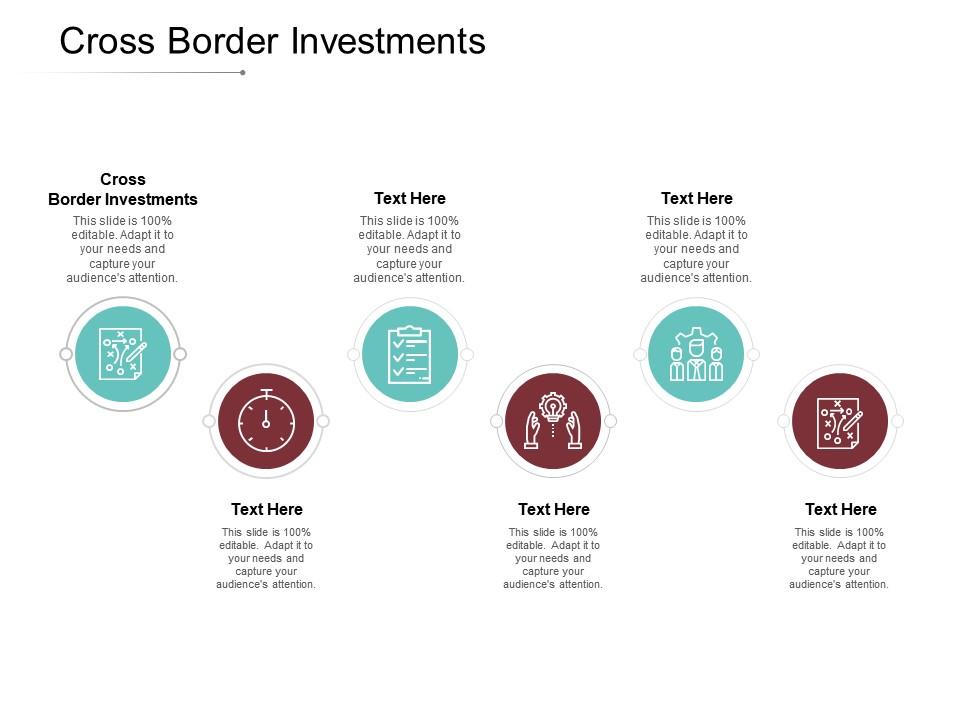Exploring the Dynamics of General Partnerships
Understanding the Basics
In the realm of business, general partnerships represent a common structure where two or more individuals come together to operate a business as co-owners. Unlike other business entities such as corporations or limited liability companies (LLCs), general partnerships typically don’t require formal filings or documentation to establish.
Shared Responsibility and Liability
One of the defining features of a general partnership is the shared responsibility and liability among its partners. Each partner is personally liable for the debts and obligations of the partnership, meaning that their personal assets may be at risk if the partnership encounters financial difficulties or legal issues. This shared liability underscores the importance of trust and mutual respect among partners.
Management and Decision-Making
In a general partnership, management and decision-making authority are typically shared among the partners. While some partnerships may designate specific roles or responsibilities to individual partners, decisions regarding the operation and direction of the business are usually made collectively. This collaborative approach can foster a sense of camaraderie and cooperation among partners.
Profit-Sharing and Distribution
One of the primary benefits of a general partnership is the flexibility it offers in terms of profit-sharing and distribution. Unlike other business structures where profits are distributed based on ownership percentages or predetermined allocations, general partnerships allow partners to distribute profits according to their agreed-upon terms. This flexibility can be advantageous for partners seeking to customize their financial arrangements to suit their individual preferences and priorities.
Tax Considerations
From a tax perspective, general partnerships are pass-through entities, meaning that profits and losses are passed through to the individual partners and reported on their personal tax returns. This can result in tax advantages for partners, as they are able to avoid double taxation commonly associated with corporations. However, it’s important for partners to carefully consider the tax implications of their partnership agreement and consult with a tax advisor if necessary.
Partnership Agreements
While not required by law, it’s highly advisable for partners to formalize their relationship and responsibilities through a written partnership agreement. This document outlines key aspects of the partnership, including the rights and obligations of each partner, profit-sharing arrangements, decision-making processes, and procedures for resolving disputes. A well-drafted partnership agreement can help prevent misunderstandings and conflicts down the line, providing a clear framework for the partnership’s operation.
Risk Management and Liability Protection
Despite the shared liability inherent in general partnerships, there are steps partners can take to mitigate their individual risk exposure. For example, partners may choose to purchase liability insurance to protect against potential lawsuits or claims. Additionally, partners can implement sound risk management practices and maintain accurate records to minimize the likelihood of legal issues arising.
Communication and Collaboration
Effective communication and collaboration are essential for the success of any general partnership. Partners should strive to maintain open lines of communication, regularly sharing information, ideas, and feedback with one another. By fostering a culture of transparency and collaboration, partners can strengthen their partnership and maximize their chances of achieving their business goals.
Flexibility and Adaptability
One of the key advantages of a general partnership is its flexibility and adaptability to changing circumstances. Unlike more rigid business structures, such as corporations, general partnerships offer partners the freedom to adjust their operations and agreements as needed to accommodate evolving business needs or market conditions. This flexibility can be invaluable in navigating the uncertainties of the business world and seizing new opportunities for growth and innovation.
Building a Strong Foundation
In conclusion, general partnerships offer a flexible and collaborative approach to business ownership, allowing partners to share responsibilities, risks, and rewards. By understanding the key considerations involved in forming and operating a general partnership, partners can build a strong foundation for their business and position themselves for long-term success. Read more about a general partnership





